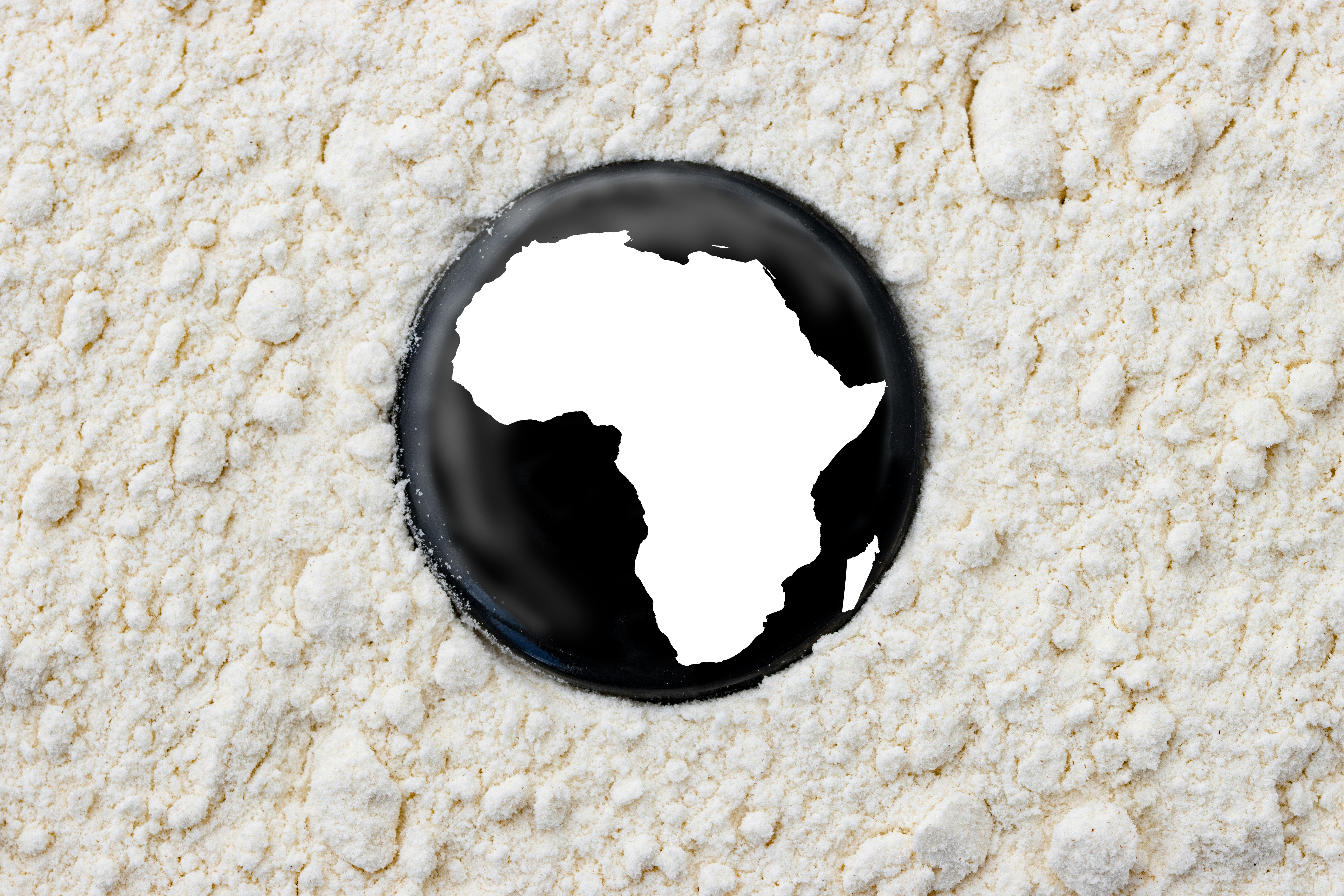Democracy or delivery: what does Africa need?
Elizabeth Osei, Master of Public Policy student and community development expert, explores the complex relationship between democratic ideals and effective governance in Africa, drawing on recent developments in Burkina Faso.

“If a bird stays on a tree for too long, it invites a stone.”
Amidst several coups and assassination attempts, this African proverb becomes resonant, reflecting the growing external pressure on Captain Ibrahim Traoré to return Burkina Faso to democratic rule. Many observers hope his story will mirror that of Ghana’s former leader, Jerry John Rawlings, who, after military takeovers in 1979 and 1981, eventually transitioned Ghana into multi-party democracy in 1992. Yet many Africans are asking a critical question: if the people of Burkina Faso themselves are not pushing for democratic action, why are outsiders so concerned?
Captain Ibrahim Traoré, currently the second youngest head of state in the world, seized power in Burkina Faso on September 30, 2022, ousting interim President, Paul Damiba in a military coup. The uprising was largely driven by growing frustration within the military and the public over the government's failure to curb escalating jihadist violence. Although insecurities persist, and his leadership has been marked by restrictions on free speech which are often associated with autocracies and even some so-called democracies like Turkey, his leadership has sparked a sense of hope on the continent.
Since taking office, Burkina Faso’s GDP grew from approximately $18.8 billion to $22.1 billion in 2024, despite the government’s refusal to accept loans from the IMF and World Bank. He inaugurated a state-of-the-art gold mine to reduce reliance on exporting unprocessed gold to Europe, while also investing heavily in agriculture by distributing over 400 tractors, 710 motor pumps, and 714 motorcycles to empower rural communities and boost food production. These bold initiatives have earned him admiration not only within Burkina Faso but also across many parts of Africa, where many are questioning the real motives behind foreign pressure to hold immediate elections and transfer power.
Does democracy deliver for citizens?
The concerns around Captain Ibrahim Traoré invite a deeper question: has democracy today been reduced to merely holding elections? Countries like Nigeria, Sierra Leone, Liberia, and Togo have regularly conducted democratic elections–yet in many of these countries, democracy has brought more elite corruption and stagnation than progress. Leaders get elected, yet people remain in poverty. What is democracy if it impoverishes its people? What is democracy if it does not reflect the will of the people? Countries like Qatar, the United Arab Emirates, and Saudi Arabia, none of which hold elections and China, which does not practice Western-style democracy have, in many cases, demonstrated stronger economic performance, stability, and national development than many democratic nations. Whilst democracy maybe ideal in some parts of the world, it is fair to argue that, in its current form, it may not be the most suitable model for Africa.
On the other hand, as Lord Acton famously put it, “power tends to corrupt, and absolute power corrupts absolutely”. Without democratic checks and balances, there is a genuine risk that even well-meaning leaders like Captain Ibrahim Traoré could become unaccountable, suppress dissent, and entrench themselves in power, ultimately undermining the very progress they seek to achieve.
What next for democracy in Africa?
Democracy, at its best, is about accountability, inclusion, and freedom–principles essential to any thriving society. However, democracy should no longer be seen as a one-size-fits-all solution. In Africa, where colonial legacies and socio-cultural complexities still shape national identities, democracy must be contextualised. Western democratic frameworks without adaptation have often done more harm than good.
In this age of growing security concerns and rising economic nationalism, what Africa needs now is a system of governance that reflects African realities: a system that integrates traditional leadership, community participation, and modern governance principles. It needs a model that genuinely puts people first, protecting natural resources, fostering economic independence, and building inclusive economies. Whether it is called democracy, autocracy, meritocracy or even a noocracy matters less than whether it works for the people. In fact, above all, what Africa truly needs now is leadership–leadership that listens, leads, and delivers. Perhaps we should call it an “Africancracy”?
Elizabeth Osei is a Weidenfeld-Hoffman scholar.

